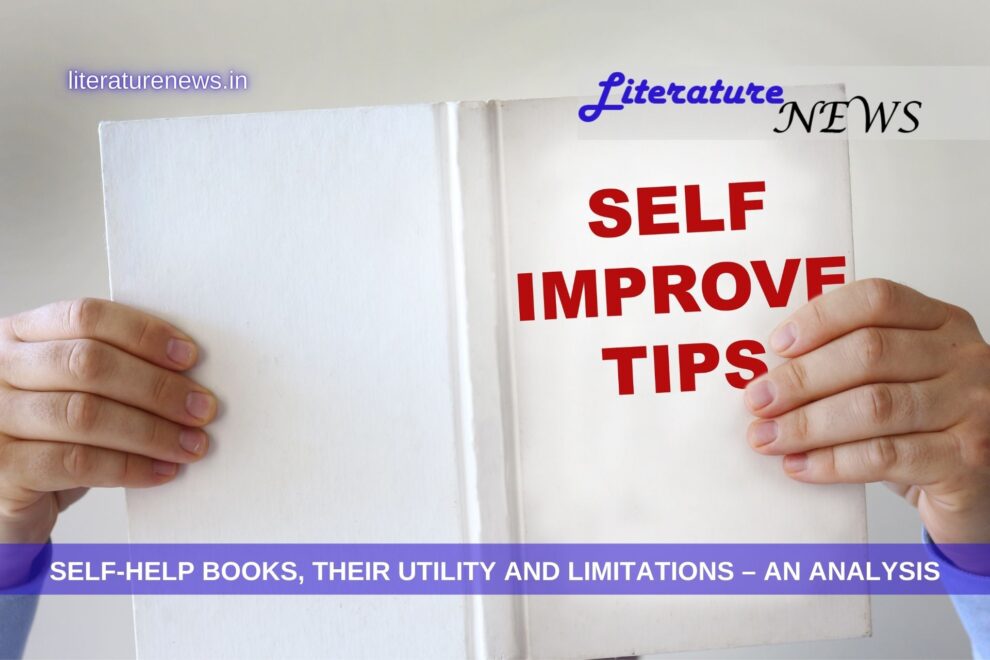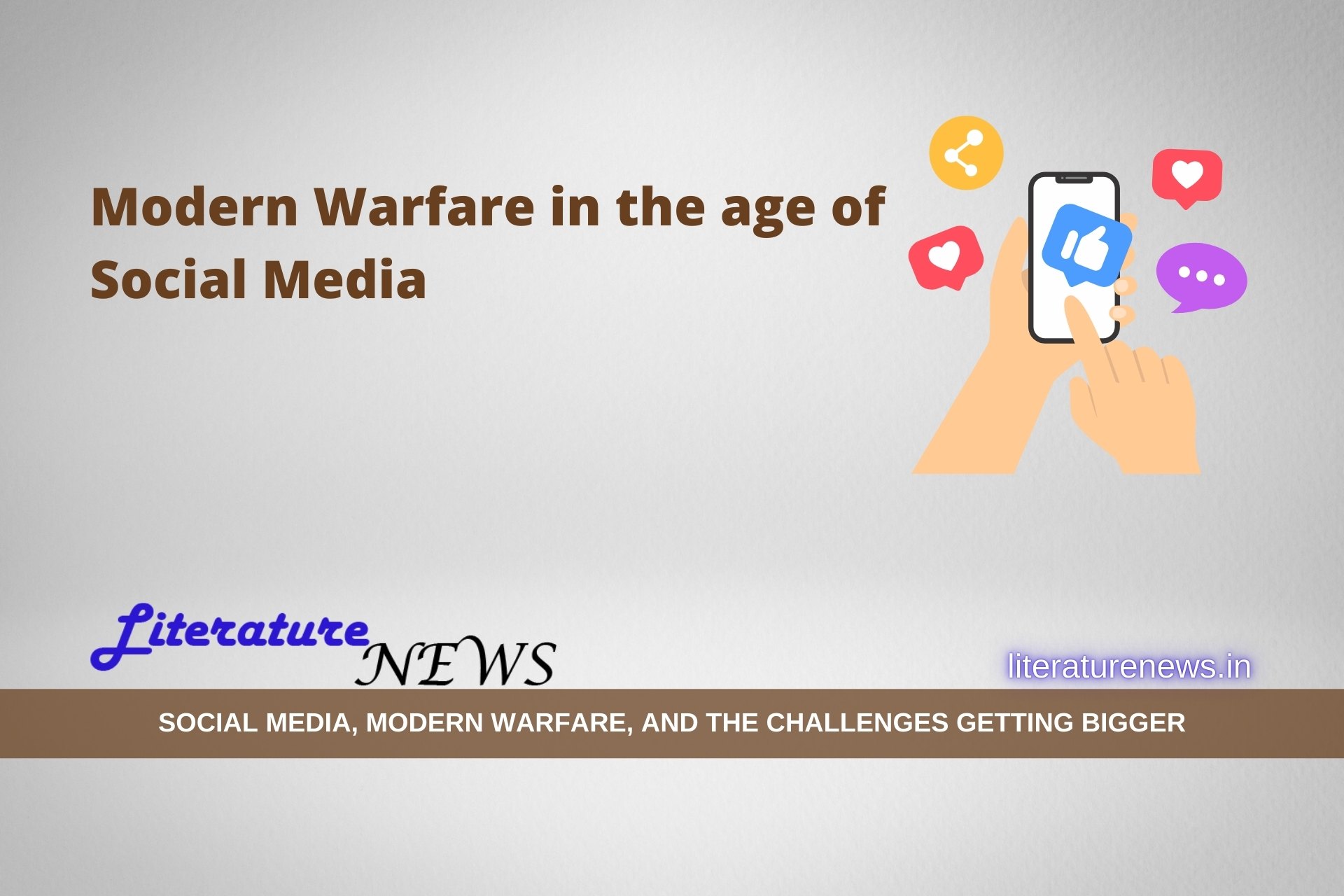Self-help books and their usefulness may be debated for many years. Those who read (and love reading) self-help books will claim they can touch the moon and the stars after getting motivated by reading these texts. And those who are sceptic about it will claim there’s nothing new in these texts. And being critical, I will claim both factions have their strengths and weaknesses in the arguments they make. Moreover, in recent years, self-help books have gained significant popularity as individuals strive to improve themselves, overcome challenges, and achieve personal growth. Modern lifestyle demands too much from people – work, personal life, relationships, intimacy with partner(s), parents and parenthood, and the pressure to excel in every aspect (as mentioned before). So, to try to ensure that a person might get a little help in these pursuits, many try reading so-called the best self-help books. Some might argue they had some benefits as well. However, there are varying opinions about the efficacy of self-help books and the extent of their benefits. In this article, we will explore the advantages of reading self-help books, discuss the types of self-help books that can be beneficial, and address some common misconceptions surrounding their benefits.
Advantages of Reading Self-Help Books (arguing for readers):
1. Knowledge and Information: For a common reader, the best thing about reading Self-help books is that it offers a wealth of knowledge and information on a wide range of topics, including personal development, mindfulness, motivation, relationships, and career advancement. It has been documented by many critical observers that these books provide readers with practical advice, strategies, and tools that can enhance their understanding and empower them to make positive changes in their lives (McGonigal, 2019).
2. Personal Growth and Empowerment: It is true that self-help books often focus on personal growth, encouraging individuals to discover their strengths, set goals, and cultivate positive habits. Many authors try to raise self-confidence in readers by providing guidance and actionable steps, these books can empower readers to take control of their lives and work towards self-improvement (Deci & Ryan, 2002).
3. Emotional Support and Well-being: It has also been well-documented and noted by many critics that self-help books are a good source of emotional support. Many self-help books address emotional challenges such as anxiety, stress, depression, and relationship difficulties. They provide insights, coping strategies, and exercises that can help individuals navigate these challenges and promote mental well-being (Seligman, 1998). In such cases, improvements may be noted but vary from reader to reader.
4. Perspective and Inspiration: Self-help books often share inspiring stories of individuals who have overcome obstacles and achieved success. These stories extend their utility and act in a much larger role than merely being stories for interest and entertainment. Scholars note that by reading these stories, readers gain valuable perspectives and are motivated to overcome their hurdles. These books can instil a sense of hope and inspire readers to believe in their potential (Dweck, 2006).
Discussing Different Types of Self-Help Books:
1. General Self-Help: These books cover a broad range of topics and are suitable for individuals seeking overall personal growth and development. Generally, they provide practical advice, strategies, and tools applicable to various aspects of life. A good example of a general self-help book is The 7 Habits of Highly Effective People by Stephen R. Covey. You must have heard about this book or perhaps read it too. You should easily understand and relate to this example in that case. General self-help books aim at motivating readers to grow in every aspect of life.
2. Specific or Topic-based Self-Help: As the name of the category suggests, these are books that focus on individual aspects, ideas, areas or points. For example, books that focus on any of these – relationships, communication skills, time management, or goal setting. Such books delve deeply into particular subjects and offer targeted guidance. A popular example of such a book may be How to Win Friends and Influence People by Dale Carnegie. It focuses on personal tact and communication skills.
3. Psychology and Mindfulness: These books explore the human mind, emotions, and behaviour. They offer insights into understanding oneself and others better, managing emotions, and fostering positive mental health. A prime example of a book of this type may be Man’s Search for Meaning by Viktor E. Frankl.
Misconceptions about the Benefits of Self-Help Books:
1. No Quick Fixes: One common misconception is that these books may offer instant solutions or magical formulas for success. However, in reality, it is nowhere even a distantly close scenario! Personal growth and development require time, effort, and a willingness to implement the lessons learned from these books, as scholars have noted and documented (Norcross, 2011).
2. One-Size-Fits-All Approach: Another prominent misconception is that all self-help books will work for everyone. So-called bestsellers having 2 million copies in print or 5 million copies sold claim that many have benefited by reading them. However, it is a lie! All will agree that each person has unique circumstances and preferences, and what works for one individual may not work for another. It is essential to find books that resonate with personal needs and align with individual values, if one wants to have (or forcefully extract) some benefit from it (Koole et al., 2014).
3. It’s NO Replacement for Professional Help: Though a few books have truly been inspirational and have been so for decades now, books are books after all! As a book teaching magic cannot perform one, the same stands true for self-help books. Self-help books can be valuable tools for personal growth, but they should not replace professional guidance when dealing with serious mental health issues. If individuals are experiencing severe distress, it is important to seek support from qualified professionals rather than venturing into the world of books on mental well-being (Baumeister, 1993).
Conclusion:
In today’s messed-up world, people are eager for positivity and help from any direction. Books, as it has been doing for centuries, have been a source of inspiration, positivity and knowledge! And self-help books, especially, offer numerous advantages, including knowledge, personal growth, emotional support, and inspiration. Authors of such books, by exploring various topics and utilising practical strategies, help readers enhance their lives and well-being. Nevertheless, it is never wise to rely entirely on books subduing everything else! Also, it is important to approach self-help books with realistic expectations, recognising that personal development requires time, effort, and individualized approaches. Ultimately, the benefits of self-help books are determined by the reader’s engagement, commitment, and willingness to apply the knowledge gained. All the best in your pursuit!
List of References:
1. Baumeister, R. F. (1993). Escaping the Self: Alcoholism, Spirituality, Masochism, and Other Flights from the Burden of Selfhood. Basic Books.
2. Deci, E. L., & Ryan, R. M. (2002). Handbook of Self-Determination Research. University of Rochester Press.
3. Dweck, C. S. (2006). Mindset: The New Psychology of Success. Random House.
4. Koole, S. L., Smeets, K., van Knippenberg, A., & Dijksterhuis, A. (2014). The cessation of rumination through self-affirmation. Journal of Personality and Social Psychology, 107(6), 1041–1060.
5. McGonigal, K. (2019). The Joy of Movement: How Exercise Helps Us Find Happiness, Hope, Connection, and Courage. Avery.
6. Norcross, J. C. (2011). Psychotherapy that works: Evidence-based therapies and the common factors approach. Oxford University Press.
7. Seligman, M. E. P. (1998). Learned Optimism: How to Change Your Mind and Your Life. Vintage Books.
By AM for Literature News






Add Comment